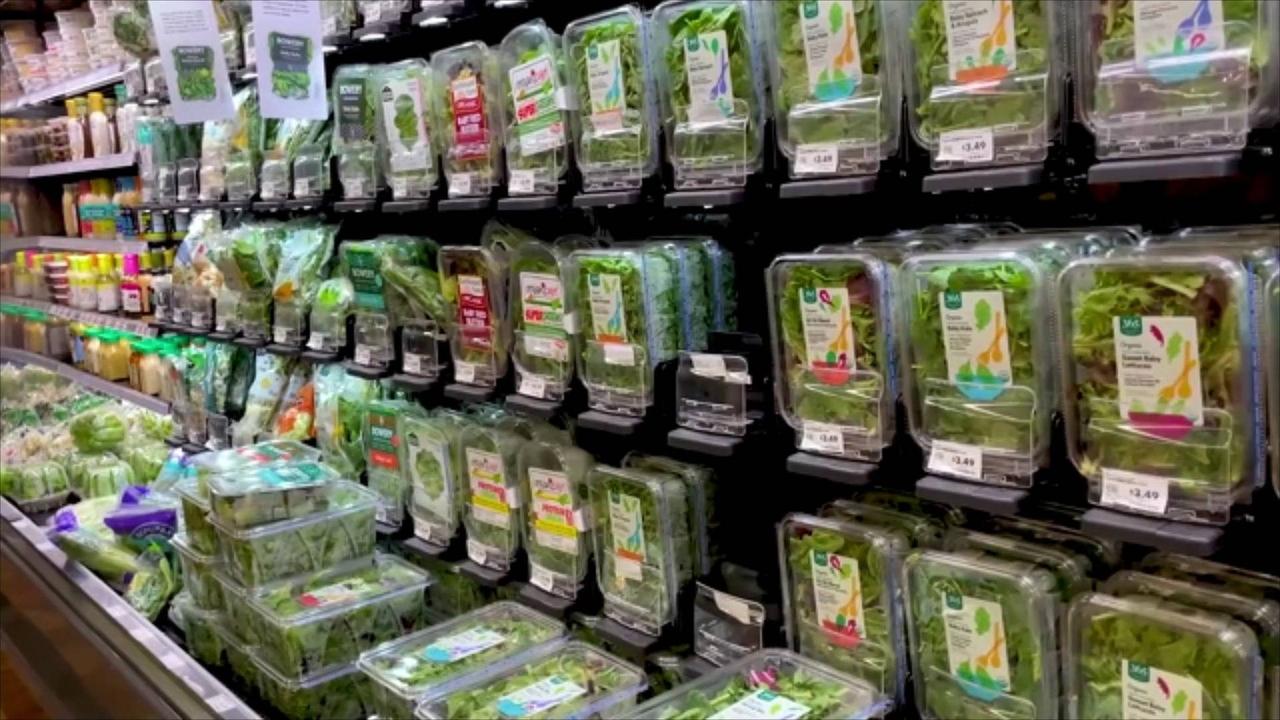
Inflation Remains at 40-Year High , But Appears to Be Slowing .
In April, the Federal Reserve's preferred inflation gauge rose 4.9% from the same time in 2021.
In April, the Federal Reserve's preferred inflation gauge rose 4.9% from the same time in 2021.
On May 27, the Commerce Department said that despite the still-elevated levels of inflation, price pressures could be easing soon.
On May 27, the Commerce Department said that despite the still-elevated levels of inflation, price pressures could be easing soon.
April's inflation rates were reportedly in line with expectations and reflect a slowing pace from March's rate of 5.2%.
April's inflation rates were reportedly in line with expectations and reflect a slowing pace from March's rate of 5.2%.
However, NBC reports that those figures exclude volatile food and energy prices which are a major contributor to inflation reaching a 40-year peak.
Taking into account food and energy prices, inflation increased 6.3% in April compared to 2022.
The figure still represents a drop from the 6.6% pace set in March.
According to the data, consumers continued to spend but have been forced to tap into savings in order to do so.
Consumers remained undaunted by inflation last month, strongly increasing spending and changing their mix to more services such as at bars and restaurants, and travel and recreation as the weather warms. , Robert Frick, corporate economist at Navy Federal Credit Union, via NBC.
The spending was fueled in part by higher wages, and also by Americans drawing more money out of savings, which is a giant stockpile of at least $2 trillion, Robert Frick, corporate economist at Navy Federal Credit Union, via NBC.
In recent months, prices have been driven higher by the COVID pandemic, disrupted global supply chains and the war in Ukraine.
In recent months, prices have been driven higher by the COVID pandemic, disrupted global supply chains and the war in Ukraine.
In recent months, prices have been driven higher by the COVID pandemic, disrupted global supply chains and the war in Ukraine
